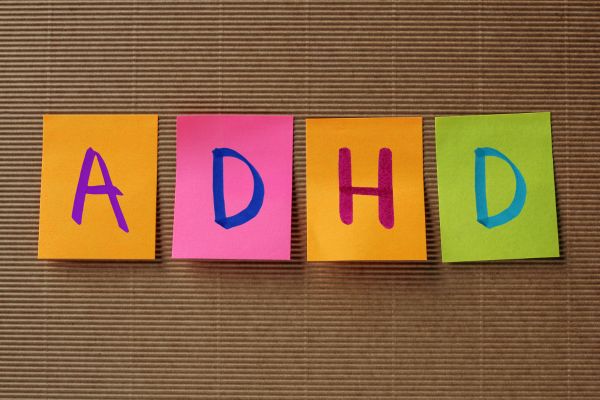What is ADHD and How Can Therapy Help?
By: Savina Purewal, RPC

Attention Deficit Hyperactivity Disorder (ADHD) is a neurodevelopmental condition that can occur in child or adulthood. It is characterized by patterns of inattention, impulsivity, and, in some cases, with hyperactivity. ADHD does not fade, it evolves.
People with ADHD have brains that strain to focus, follow through on commitments, or regulate impulses and emotions. These types of processing problems make it hard for people with ADHD to prioritize, organize and maintain their attention on tasks that do not inherently engage their interest.
It is important to understand that asking someone with ADHD to “try harder” or “be more organized” is not an effective approach. This advice, while well-intentioned, overlooks the unique way the ADHD brain functions. It is like asking someone with poor eyesight to see better without providing glasses. The issue is not a lack of desire or motivation; it is a matter of neurological wiring that requires specific strategies and tools for effective management.
Living with ADHD can feel overwhelming. Imagine a constant flood of thoughts, ideas, and distractions vying for attention. Tasks that seem simple to others can feel insurmountable. Starting a project, remembering appointments, or even staying on track in a conversation can be challenging. This can lead to frustration, anxiety, and a sense of inadequacy, not only for the individual but also for family and friends.
Therapy can be a powerful tool for people with ADHD. It provides a structured environment to explore and understand how ADHD affects one’s life. Cognitive-Behavioral Therapy (CBT) is particularly effective. It helps individuals recognize and change negative thought patterns and behaviours. In therapy, people with ADHD can learn practical skills for time management, organization, and emotional regulation. This includes breaking tasks into smaller steps, using reminders and planners effectively and developing coping strategies for overwhelming feelings.
Therapy also addresses the emotional impact of living with ADHD. Many individuals with this disorder experience shame, guilt and low self-esteem due to years of struggling with tasks that others manage easily. Therapy provides a safe space to process these feelings, challenge negative self-perceptions and build a more positive self-image.
It is important to recognize that therapy is not a cure for ADHD. Instead, it equips individuals with the tools they need to navigate life more effectively. For many, combining therapy with medication is the most effective approach, as medication can help regulate attention and impulse control, while therapy focuses on developing practical skills and emotional resilience.
Want to learn more about how therapy can help someone with ADHD?
Call us (250-962-2415) to find out about our experienced therapists and their availability. We’ll then schedule a free, 20-minute introductory consultation to see if they are the right fit for you.
 Savina Purewal (she/her) is a counselling therapist, designated as a Registered Professional Counsellor (#4400) with the Canadian Professional Counsellors Association in British Columbia. She specializes in brain health, fetal alcohol spectrum disorder (FASD), post-traumatic stress disorder (PTSD), family systems and cognitive-emotional development. Read more about Savina.
Savina Purewal (she/her) is a counselling therapist, designated as a Registered Professional Counsellor (#4400) with the Canadian Professional Counsellors Association in British Columbia. She specializes in brain health, fetal alcohol spectrum disorder (FASD), post-traumatic stress disorder (PTSD), family systems and cognitive-emotional development. Read more about Savina.
